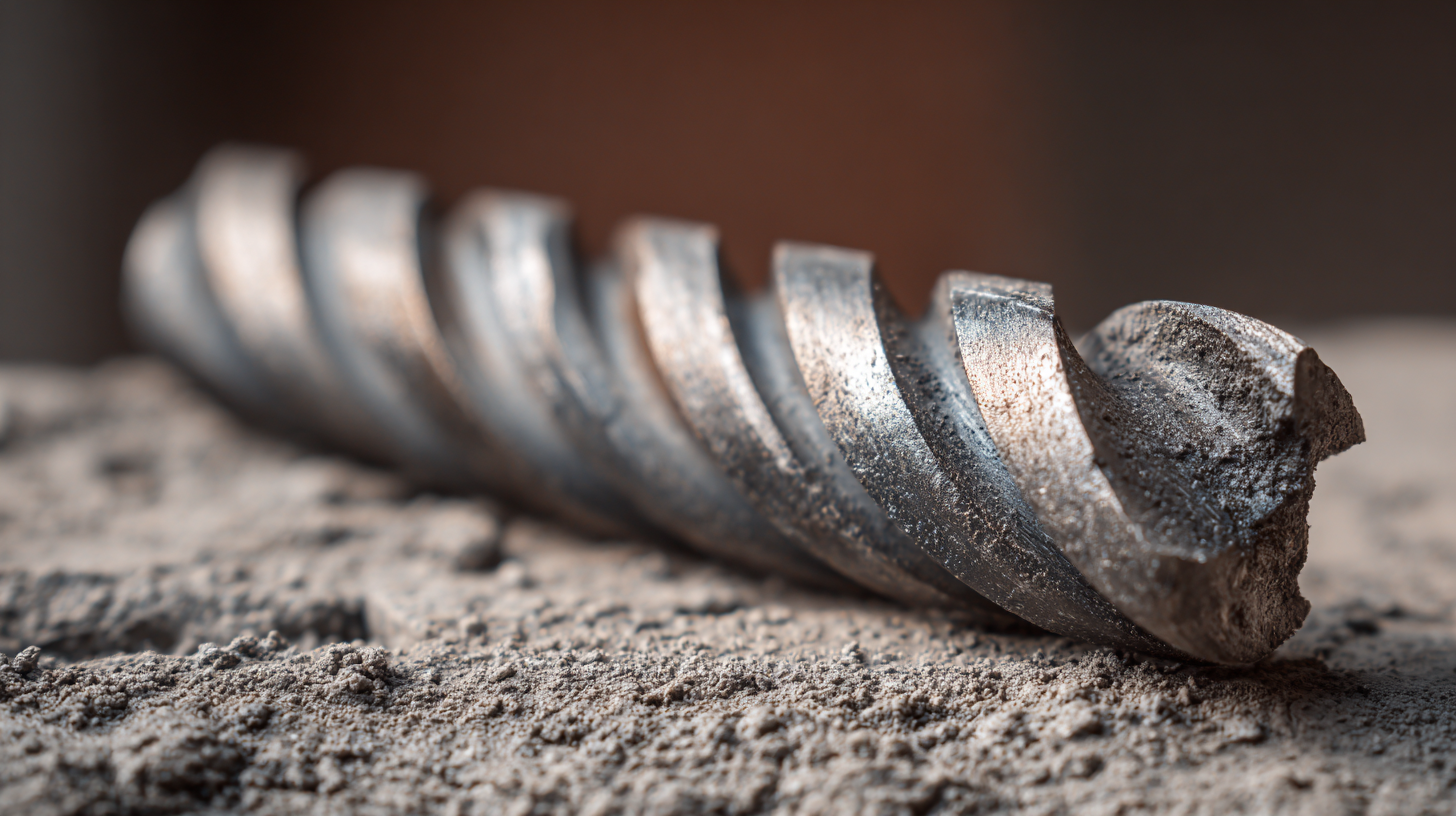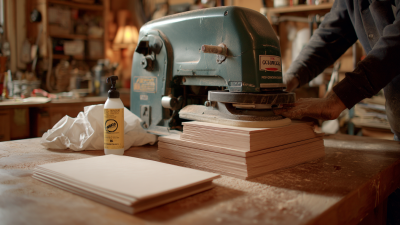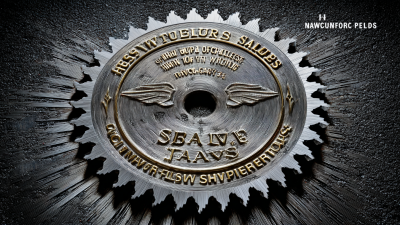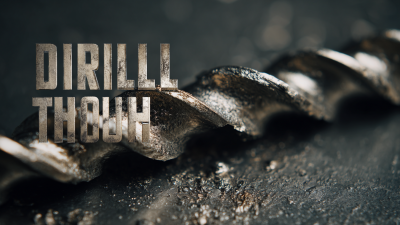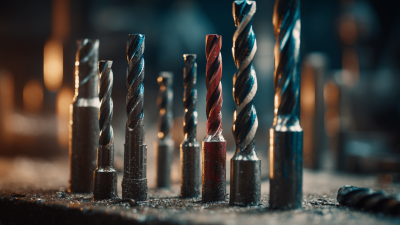FREE SHIPPING ON ALL BUSHNELL PRODUCTS
Leave Your Message
When it comes to construction and renovation projects, having the right tools is essential for achieving high-quality results. One such tool that plays a pivotal role in working with brick and masonry is the "Brick Masonry Drill Bit." This specialized drill bit is designed to effortlessly penetrate hard materials like brick, concrete, and stone, making it an invaluable asset for both professionals and DIY enthusiasts.
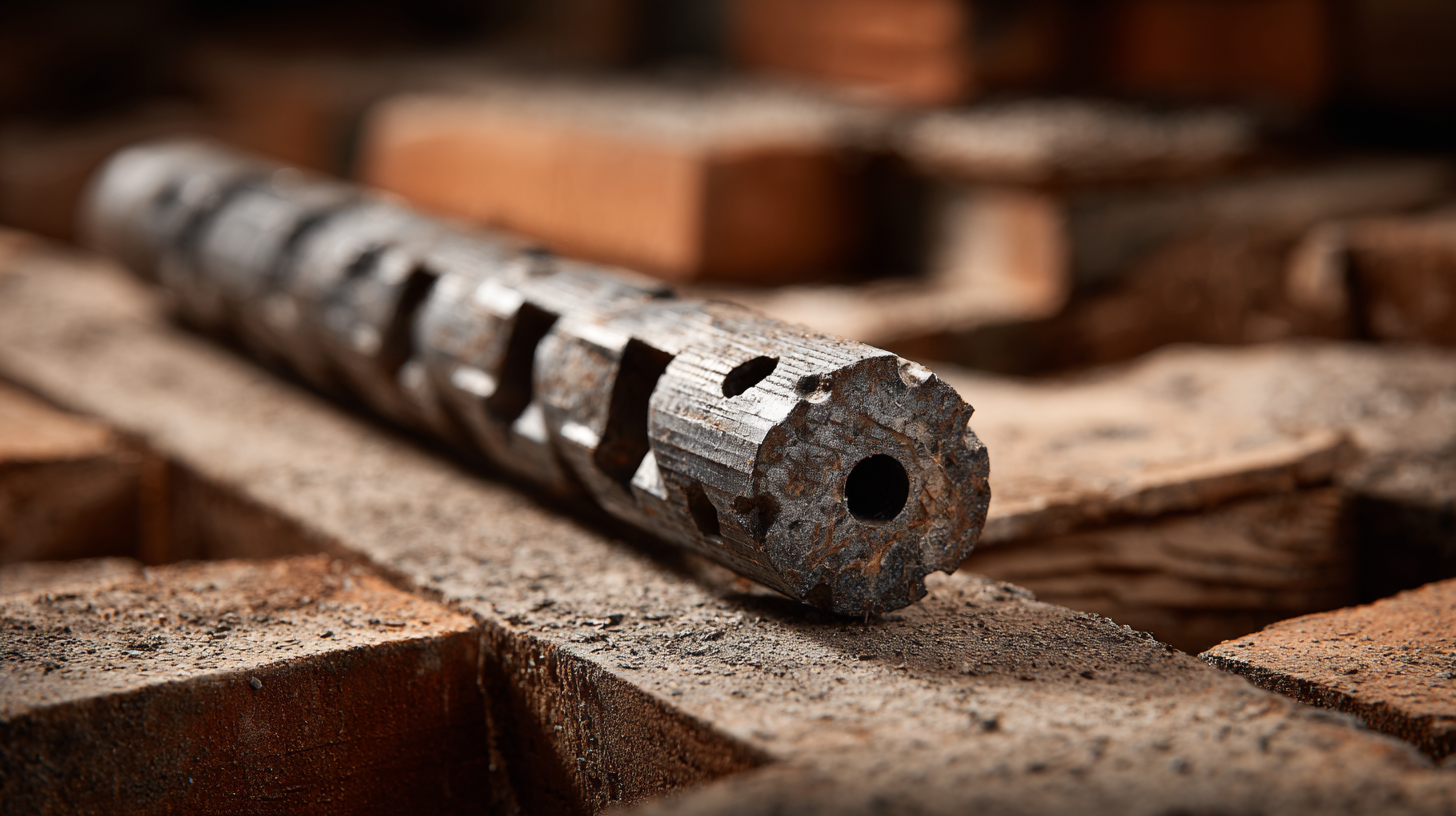
Understanding how these drill bits function, and knowing how to choose the right one for your specific needs, can significantly impact the efficiency and effectiveness of your work. In this blog, we will explore the various types of Brick Masonry Drill Bits, their unique features, and essential tips on how to use them properly to ensure optimal performance.
Whether you are drilling for anchors, installing fixtures, or simply making holes in brick surfaces, mastering the functionality of Brick Masonry Drill Bits is key to achieving superior results in your masonry tasks.
When it comes to working with brick masonry, choosing the right drill bit is crucial for achieving optimal results. Brick masonry drill bits are specifically engineered to penetrate hard materials like bricks and concrete, featuring a robust design that accommodates these tough surfaces. Understanding the key features of these drill bits can significantly enhance your masonry projects. According to a report by the International Journal of Advanced Manufacturing Technology, specialized drill bits can improve drilling efficiency by up to 20% compared to standard bits.
One essential feature of brick masonry drill bits is the carbide tip, which provides exceptional durability and wear resistance. This material ensures that the drill bit maintains its sharpness, reducing the likelihood of breakage during heavy use. Additionally, many masonry drill bits come equipped with a spiral flute design that facilitates dust removal, preventing clogging and allowing for deeper and more precise holes. A study by the Construction Industry Research and Information Association indicated that employing the right drill bit design could increase hole accuracy by 30%, underscoring the importance of selecting specialized tools for masonry tasks.
When it comes to drilling into brick masonry, choosing the right drill bit is essential for achieving optimal results. There are several types of brick masonry drill bits, each designed for specific applications. One of the most common types is the masonry bit, characterized by its tip made from hardened steel or carbide. These bits are ideal for general drilling in bricks, concrete, and other masonry materials, providing durability and efficiency.
Another important type of drill bit is the diamond-tipped drill bit. Known for its superior cutting power, this type is particularly useful for drilling holes in very tough materials or for precision work where a clean, smooth finish is necessary. Diamond-tipped bits can handle the challenges posed by reinforced bricks and dense concrete blocks. Additionally, you may encounter carbide-tipped bits, which offer a balance between performance and cost, making them suitable for both DIY projects and professional applications. Understanding these different types of drill bits and their specific uses will help you select the right tool for your masonry project, ensuring effective and efficient drilling.
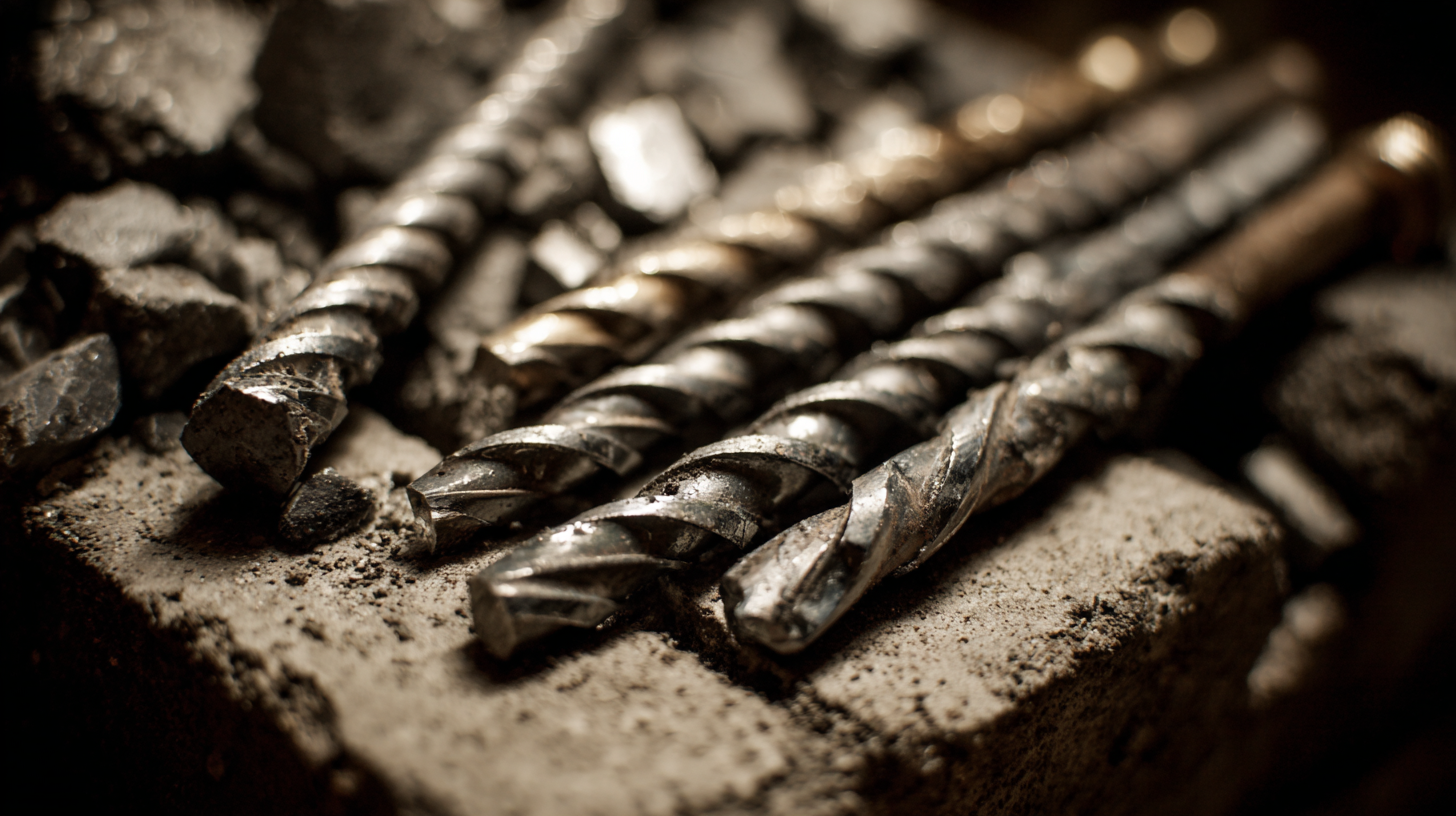
When it comes to masonry projects, selecting the right drill bit is crucial for achieving optimal results. Brick masonry drill bits are specifically designed to handle the toughness of brick and similar materials. When choosing the right drill bit, consider the material composition, size, and type of application. For instance, carbide-tipped bits are highly recommended as they provide durability and precision for drilling into hard substrates. Additionally, ensure the diameter of the drill bit matches the size of the dowels or anchors you plan to insert.
Another important factor to keep in mind is the drill speed. For masonry work, a hammer drill is ideal, as it combines rotation with a percussive action that makes drilling through brick significantly easier. It's also beneficial to frequently pause during drilling to prevent overheating the bit, which can lead to reduced effectiveness and premature wear. With these tips, you can navigate the selection process and enhance the efficiency and quality of your masonry projects.
When it comes to maintaining your brick masonry drill bits, the key to longevity lies in proper care and storage. After each use, it's crucial to clean the drill bits thoroughly. Dust and debris can accumulate in the flutes, causing overheating and reduced efficiency in future applications. A soft brush or air compressor can help clear out any residue, ensuring that the cutting edges remain sharp. Additionally, avoid exposing the bits to moisture, as this can lead to rust, which significantly diminishes their performance.
Another effective strategy for extending the life of your drill bits is to use them correctly. Always use the appropriate speed setting for the material you are drilling into; high speeds can degrade bits when working with brick. Furthermore, applying consistent and gentle pressure, rather than forcing the drill, can prevent unnecessary wear. Storing your bits in a protective case will also shield them from impacts and prevent dulling, making them ready for your next project. Proper maintenance not only enhances performance but also saves time and money in the long run.
When using brick masonry drill bits, even seasoned DIYers can fall into common pitfalls that affect both safety and efficiency. One critical mistake is using the wrong type of drill for the job. Brick requires a hammer drill or rotary hammer for effective penetration, as standard drills often struggle, leading to overheating or damage to the drill bit. Additionally, applying too much pressure when drilling can cause bits to fracture, reducing their lifespan and effectiveness.
Another frequent issue is neglecting to use proper lubrication or cooling techniques. Without adequate cooling, the friction generated can dull the bit rapidly. It's also essential to have a steady hand and maintain a consistent speed; erratic movements can lead to inaccuracies and increased wear on the bit. Lastly, failing to use the correct drill speed can significantly impact performance—using too high a speed can result in burnt bits, while too low a speed might not provide enough power to penetrate the brick. By being aware of these common mistakes, you can enhance your drilling experience and achieve professional-grade results.
